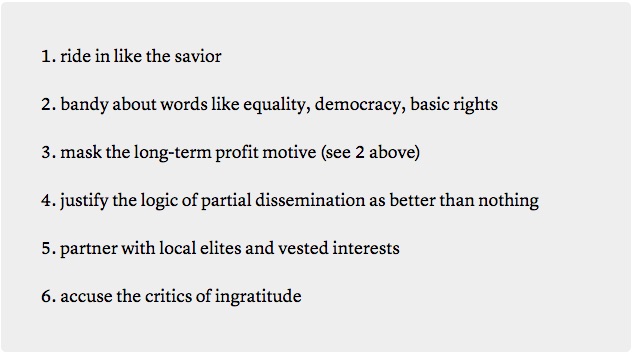Nice New Yorker piece by James Surowiecki:
Both Trump and Sanders downplay the enormous economic benefits of globalization for American consumers of all incomes, and their proposed solutions are vague and could well be harmful if implemented. But their words resonate with many voters, because they articulate an important truth: free trade has created major winners and major losers in the U.S. economy, and the losers—mostly blue-collar workers—have received little or no help. Trade with China, in particular, has inflicted serious damage on American communities across the country, damage from which they have yet to recover. As the economists David Autor, David Dorn, and Gordon Hanson have documented1, what they call the “China shock”—beginning in 1991 and lasting into this century—demolished manufacturing in much of the U.S. Workers in the affected communities had a hard time finding and keeping new jobs, and unemployment stayed high and wages low for at least a decade afterward.
Trade isn’t the only reason that blue-collar workers’ standard of living has declined; automation and weaker unions have also played a part. By focussing on trade, though, both candidates are acknowledging something important: what has happened to U.S. labor was not a natural disaster but, in part, the product of government policies designed to accelerate globalization and expose American workers to foreign competition. That admission is more than working-class Americans have got from most Presidential candidates.
-
The abstract for their NBER paper “The China Shock: Learning from Labor Market Adjustment to Large Changes in Trade” reads:
“China’s emergence as a great economic power has induced an epochal shift in patterns of world trade. Simultaneously, it has challenged much of the received empirical wisdom about how labor markets adjust to trade shocks. Alongside the heralded consumer benefits of expanded trade are substantial adjustment costs and distributional consequences. These impacts are most visible in the local labor markets in which the industries exposed to foreign competition are concentrated. Adjustment in local labor markets is remarkably slow, with wages and labor-force participation rates remaining depressed and unemployment rates remaining elevated for at least a full decade after the China trade shock commences. Exposed workers experience greater job churning and reduced lifetime income. At the national level, employment has fallen in U.S. industries more exposed to import competition, as expected, but offsetting employment gains in other industries have yet to materialize. Better understanding when and where trade is costly, and how and why it may be beneficial, are key items on the research agenda for trade and labor economists.” ↩



